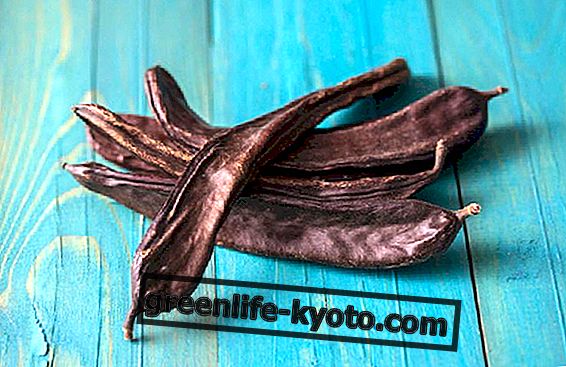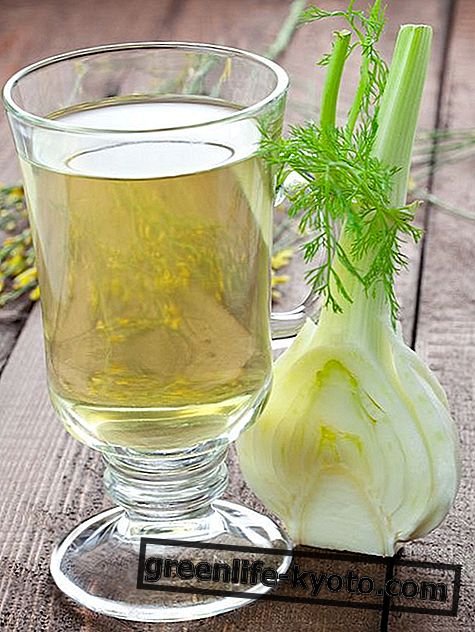Lychee, a fruit originating in China, is rich in vitamin C and low in fat and sodium, it is useful for the nervous system and the circulatory system. Let's find out better.
>

Description of the fruit
Known for several years also in our food market, the lychees are a fruit of Chinese origin, as the scientific name says: Litchi chinensis .
They are found on market stalls generally between spring and summer and generally arrive from South Africa or South East Asia, especially China, India, Thailand and Vietnam.
Known with the outdated names of "Chinese cherry" and "desert grape", the lychee is a berry with a firm and rough skin, pink in color, which inside protects the whitish, translucent, fleshy and delicate, exquisitely sweet, which reminiscent of grapes but with various flower fragrances. The taste is defined as muscat and rose grapes. The berry is about 3 cm long and a little more than a centimeter wide.
Litchi, ally of
Nervous system, cardiovascular system, biological youth, good blood sugar level.
Calories, nutritional values and properties of litchi
Lychee contains 66 kcal per 100 g.
Furthermore, 100 g of product contain:
- Fats 0.4 g
- Cholesterol 0 mg
- Sodium 1 mg
- Potassium 171 mg
- Carbohydrates 17 g
- Fibers 1, 3 g
- Sugar 15 g
- Proteins 0.8 g
Lychee is often used as an exotic dessert while in reality it has important nutritional values: it is particularly rich in vitamin C, so that 100 grams of pulp provide more than 80% of the recommended daily dose ; moreover it has traces of many other vitamins, especially those of the group B.
Very low in fats and sodium, it supplies the body with phosphorus and potassium copper which make the heart and the circulatory system tonic.
The fruit has a wide range of polyphenols with antioxidant properties and in Chinese folk medicine it is indicated as a remedy for headaches, probably due to the vasodilatory properties of nicotinic acid. This last substance facilitates the purification of the blood by cleaning up bad cholesterol and other toxic substances and so together other active ingredients with antioxidant power can be considered a functional food precisely towards the prevention of arteriosclerosis.
Finally, in the lychee there is a polyphenol called oligonol with antioxidant and anti-flu activity, therefore it is able to fight viruses.
The lychee among the remedies for headaches: discover the others!

Contraindications of litchi
The litchi has no contraindication but rather, this is how they are described by the Franciscan friars according to the Spanish Mendoza in his Historia de las cosas más notables, ritos y costumbres of the gran reyno de la China, of the sixth century: “never harm anyone, though they they eat a large number of them ”.
Curiosity
In China, documents are kept that trace the cultivation of lychees as far back as 2000 BC
In Chinese medicine it is considered a hot food so an excess of its consumption can lead to rashes and inflammation
How to eat lychee
It is sufficient to completely suck the fruit from the rind and consume the juicy pulp being careful about the seed . It is essential to choose fruits at the right point of ripeness: brown spots and excessive softness are a sure sign of a fruit that is no longer fresh.
The purchase and consumption period is from November to January and then returns in April. The shelf life of the lychee fruits reaches up to 2 weeks both at room temperature and in the fridge.
With the pulp it is easy to prepare creams, jams and sorbets even if the intact consumption and just peeled in fruit salads is the most common.













